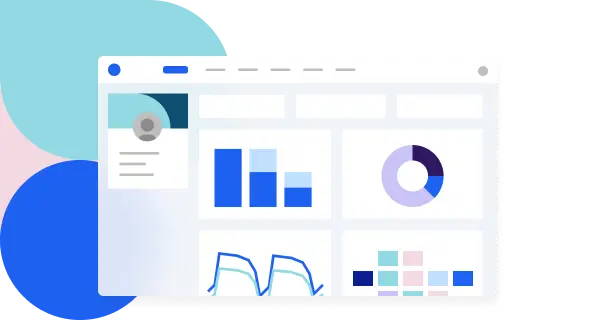How to Promote an Event and Fill Every Seat in 2025
Learn effective strategies to promote your event successfully. Boost attendance and engagement with our comprehensive guide.

Successfully marketing an event involves setting clear goals, understanding your audience, and using the right promotional tactics. This guide on how to promote an event covers everything you need to know, from leveraging social media and creating an engaging event website, to segmenting your audience and measuring success.
Introduction to Event Marketing
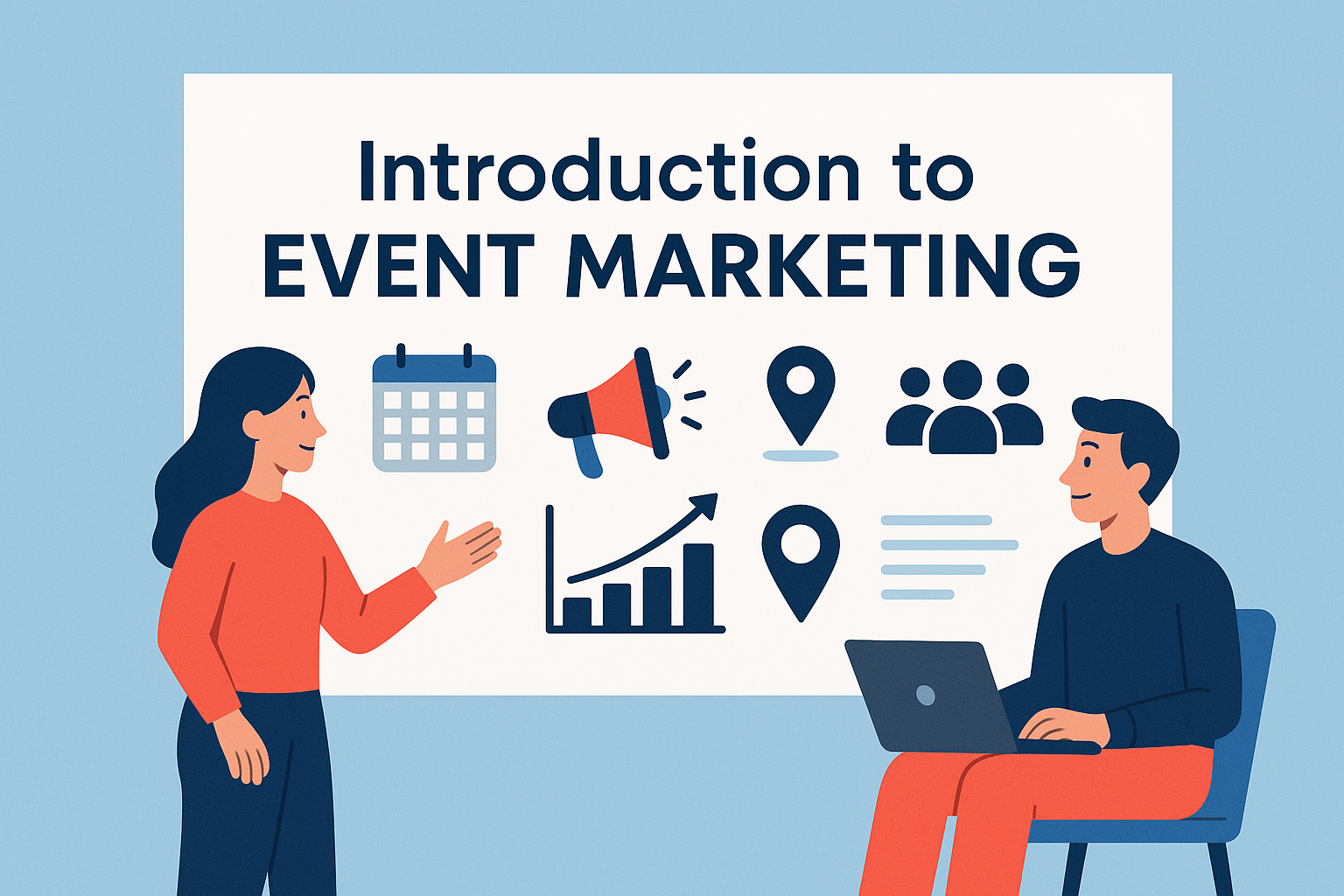
Event marketing is a crucial aspect of any successful event, as it helps to promote the event, engage with the target audience, and ultimately drive ticket sales and attendance. A well-planned event marketing strategy can make all the difference in the success of an event. Understanding the various event marketing strategies and tactics is essential for effective promotion.
Event marketing involves a range of activities designed to create awareness, generate interest, and encourage participation. These activities can include social media campaigns, email marketing, influencer partnerships, and more. The goal is to reach your target audience and persuade them to attend your event.
A comprehensive event marketing strategy should be tailored to your event’s goals and audience. It should include a mix of online and offline tactics to maximize reach and engagement. By understanding and implementing effective event marketing strategies, you can ensure your event stands out and attracts the right attendees.
Key Takeaways
- Understanding your event’s goals and target audience is crucial for effective marketing, allowing for tailored strategies that resonate with attendees.
- A comprehensive marketing plan that includes social media, email campaigns, and engaging website content can significantly boost event visibility and attendance. Event attendance is a key metric for measuring the success of your event, as it helps in generating leads and evaluating marketing effectiveness.
- Leveraging influencer partnerships and utilizing event technology enhances outreach, while ongoing engagement efforts can sustain interest and thrill before, during, and after the event.
Understand Your Event's Purpose and Goals
Before focusing on the details of event marketing, first understand your event’s purpose and event goals. This foundational step sets the stage for all your marketing efforts. Clarify the event’s purpose and its relevance to various stakeholders, including your organization, attendees, sponsors, and exhibitors. Define specific objectives such as brand awareness, attendee engagement, and ticket sales, and measure success with key performance indicators (KPIs) like ticket sales, attendee feedback, and social media engagement. Event planners collaborate with marketing teams to enhance event ROI and leverage technology like and augmented reality.
Engaging with your audience and gaining comprehensive insights allows for more effective marketing. Integrate all components of your marketing strategy to ensure coherence and alignment with the event’s goals. Aligning your marketing efforts with your event’s purpose ensures a focused and meaningful engagement approach for success.
Identify and Segment Your Target Audience
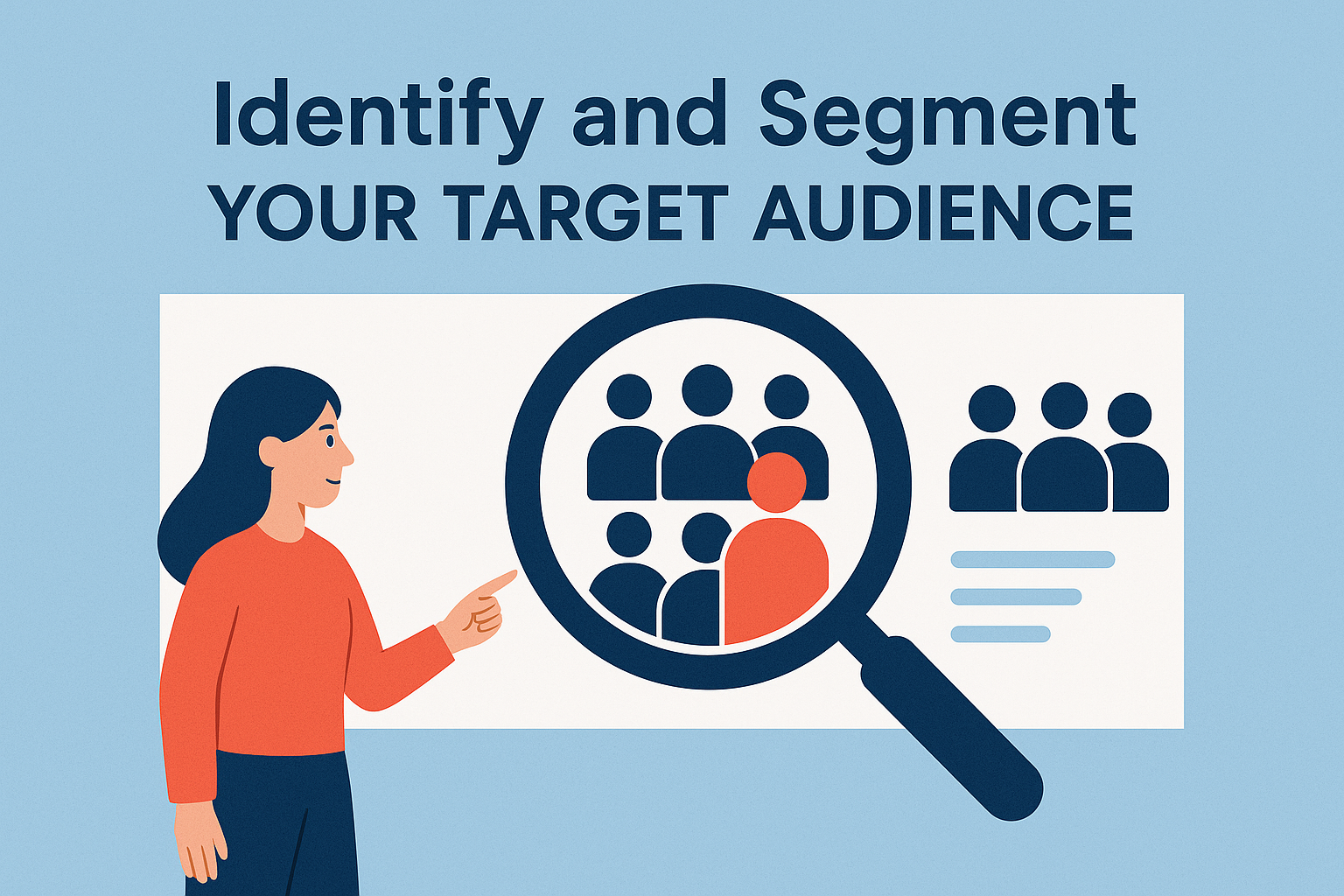
Understanding your target audience is key to creating an event experience that resonates with attendees. Understanding audience preferences and motivations allows you to fine-tune your event marketing strategies. Consider factors such as demographics, preferences, and habits when identifying your target audiences. Creating detailed attendee personas helps segment your audience based on specific traits and needs, ensuring your marketing efforts are targeted and effective.
Utilize registration data, website analytics, on-site data collection, and surveys to gather essential information about your audience. These insights enable you to create targeted campaigns that engage attendees and maximize engagement. Leveraging data-driven insights fine-tunes your event marketing strategy, ensuring you reach the right audience.
Develop a Comprehensive Event Marketing Plan
A detailed event marketing plan forms the backbone of your efforts. Start by creating a timeline for event promotion to organize marketing efforts effectively and avoid last-minute rushes. Plot out key dates on an event marketing calendar to keep things on track. Budget management is crucial; monitor spending, adjust as needed, and review budget execution post-event to gain valuable insights for future planning.
Your budget will influence your choice of marketing methods, emphasizing the need for a detailed plan. Social media should play a significant role in your plan, with value-driven, concise content and clear calls to action. Tailored event marketing tactics depending on whether the events are targeting business or consumer audiences are essential for maximizing engagement and effectiveness.
Event marketing software can automate email campaigns and integrate social media, streamlining your efforts. Organizations with smaller budgets should conduct research and create a comprehensive marketing plan to optimize results. Here are some event marketing tips to enhance your strategy.
Choosing an Event Format and Theme
Choosing the right event format and theme is essential to the success of an event. The event format and theme should align with the event’s purpose and target audience, and should be designed to maximize engagement and attendance. There are various event formats to choose from, including in-person events, virtual events, and , each with its own unique advantages and disadvantages.
In-person events offer the benefit of face-to-face interaction, which can foster deeper connections and engagement. Virtual events, on the other hand, provide accessibility and convenience, allowing attendees to participate from anywhere in the world. Hybrid events combine the best of both worlds, offering both in-person and virtual experiences.
When choosing an event format, consider your target audience’s preferences and the nature of your event. The theme should be relevant and appealing to your audience, creating a cohesive and engaging experience. By carefully selecting the right format and theme, you can maximize engagement and ensure a successful event.
Build an Engaging Event Website
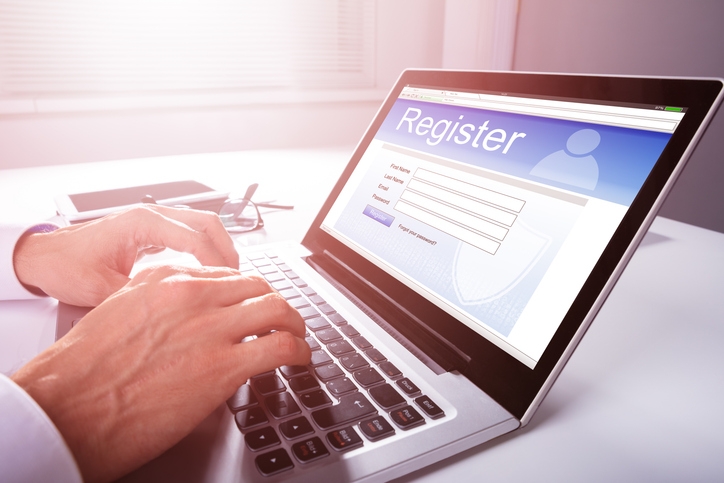
An engaging event website is crucial for centralizing information and fostering credibility. Create a dedicated landing page that provides a centralized location for information and registration. The hero banner should immediately communicate key event details to engage visitors. An event logo is a key branding element that enhances recognition and helps differentiate your event from others. Providing a clear agenda helps potential attendees organize their schedules effectively. Featuring sponsors and speakers increases the event’s credibility and draws interest.
An FAQ section can address common questions and reduce registration barriers. User-friendly registration tools simplify the sign-up process and accommodate mobile users. Social sharing options can extend the reach of the event through attendees’ networks. Clear contact details foster trust and enable attendees to reach out with inquiries easily.
Select an easy-to-use platform to streamline the design process for your event website, and choose a memorable domain name to enhance visibility and brand recognition.
Leverage Social Media Channels
Social media channels are powerful tools for creating buzz and increasing attendance. Utilize social media to reach potential customers outside local areas, connect with younger audiences, and engage with influencers. Going live on platforms like Instagram, Facebook, or YouTube can significantly boost event visibility through live event marketing. Consistent social media posts keep the event in mind and offer new details to generate buzz, including social media graphics. Additionally, promoting your event at other events, such as local festivals or fairs, can help connect with potential attendees.
Creating a unique hashtag helps categorize content, increase discoverability, and raise awareness. Let’s explore in detail how you can create shareable content, run social media contests, and utilize influencer marketing.
Create Shareable Content
Creating visually engaging and shareable content enhances your event’s visibility. Here are some effective strategies:
- Videos retain almost 100% of their message, making them an effective promotional tool.
- Visually appealing infographics or images can showcase event statistics and facts effectively.
- Streaming highlight reels and powerful speaking moments resonate with potential attendees.
- A branded, custom hashtag promotes user-generated content and increases event discoverability.
- Teasing the event agenda keeps potential attendees interested and encourages sharing.
Sharing content about the next event can build anticipation and engagement.
Providing speakers with shareable content helps promote the event effectively, leveraging their networks. By focusing on creating shareable content, you can significantly boost your event’s reach and engagement.
Run Social Media Contests
Social media contests are excellent for boosting online engagement and creating friendly competition. Contests generate excitement and encourage followers to participate, increasing event visibility. They can be as simple as asking followers to share a post, tag friends, or use a specific hashtag. The excitement generated by these contests can lead to increased participation and buzz around your event.
Implementing contests in your event marketing strategy can drive engagement and create a sense of community among potential attendees.
Utilize Influencer Marketing
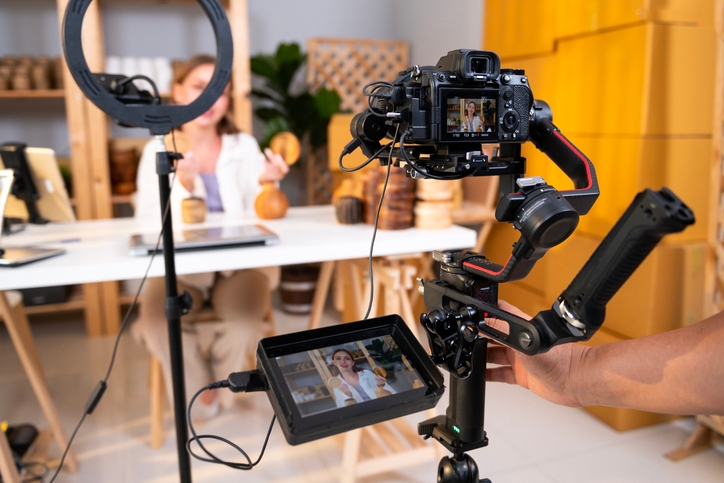
Partnering with industry influencers and brand ambassadors can significantly broaden your event’s reach by tapping into their established audiences. Influencers can drive substantial sign-ups for events, potentially resulting in a significant increase in participants. Influencers can also help generate buzz and make your event stand distinctive and memorable through media collaborations and effective branding strategies.
Businesses utilizing influencer marketing can expect an impressive ROI of up to 500%. Collaborating with industry experts and influencers boosts your event’s credibility and reach. Influencers can also create authentic content that resonates with their followers, further promoting your event.
Implement Email Marketing Campaigns
Email marketing keeps potential attendees informed and engaged. Sending multiple promotional emails generates interest and attendance, with an average email open rate of about 30%. Personalized emails should include event details, highlights, and exclusive offers to enhance engagement. Engaging and actionable language in emails can and enhance attendee interest.
Email campaigns can be automated and segmented, allowing for tailored messaging that enhances engagement with potential attendees. Automated responses can engage attendees based on their interaction with previous emails, keeping them informed. Drip campaigns involve sending a series of emails to keep the event fresh in the minds of potential attendees. Using pop-up forms and landing pages specifically for smaller scale events can also boost attendance by directing potential attendees to sign-up forms or providing detailed event information.
Teaser videos sent via email can increase excitement about an event when linked to the event’s landing page. A well-crafted email campaign can effectively inform potential attendees about the event. It can also generate excitement among them.
Craft Compelling Promotional Materials
Promotional materials should communicate not just event details but also the unique benefits of attending. Using retractable banners allows for convenient and portable event displays. Custom signage, such as yard and window signs, can effectively capture attention for events. Utilizing event tents can provide brand visibility and protection for outdoor promotions.
Postcards, tickets, and invitations are effective promotional materials for marketing events. Creating brochures and flyers can help to promote your event and spread the word about your event. Compelling promotional materials effectively communicate your event’s value, attracting more attendees.
Utilize Traditional Media Outlets
Traditional media outlets still play a vital role in event marketing. Distributing press releases to newspapers and radio can effectively reach audiences who prefer these sources for news. Traditional advertising methods create strong awareness among audiences that may not be engaged in digital platforms. Radio advertisements can reach local audiences effectively, especially those who may not be active online.
A well-crafted advertising piece can stand out and capture attention in a market saturated with digital communication. Direct mail helps stand out in a digital age. Traditional advertising attracts event attendees and serves as reminders for registration and event dates. A well-timed press release can amplify your event’s reach, ensuring that you’re reaching potential attendees.
Engage with Industry Partners and Sponsors
Engaging sponsors can enhance your event’s credibility and marketing reach. Well-known sponsors can draw in their existing customer base, expanding your event’s reach through their marketing channels. Partnering with established brands can enhance your event’s credibility, making it more attractive to potential attendees. Creating compelling sponsorship packages that clearly outline benefits can attract more sponsors and secure more funding.
A well-structured sponsorship can significantly boost your event’s budget, allowing for more extensive offerings and experiences for attendees. Event sponsorship offers companies targeted access to their desired demographics through tailored marketing efforts.
Researching similar events can provide insights into potential sponsors that may also be interested in partnering with your event. Choosing sponsors that align with your event’s audience can open doors to new attendees and increase engagement.
Offer Early Bird Discounts and Incentives
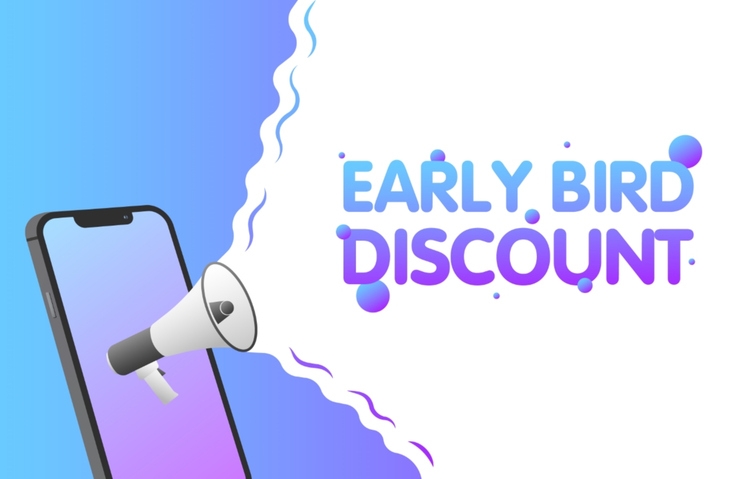
Early bird pricing is a promotional tactic that provides discounted tickets to those who buy in advance, encouraging early sales. This strategy helps event organizers secure initial revenue and gauge demand ahead of the event. Setting a limited number of early bird tickets can create a sense of urgency, prompting quicker purchases.
Incentives for early event registration can include:
- Discounts
- Coupon codes
- Free merchandise
- Exclusive perks
Offering early bird discounts and incentives drives early ticket sales and creates excitement.
Create an Interactive Event App
Developing an interactive event app significantly enhances attendee engagement. Customizable and branded event apps align the app’s appearance with the event’s theme, engaging attendees more effectively. Incorporating live polling features and gamification elements fosters active participation and makes the event more enjoyable.
Event apps facilitate real-time updates and improve communication between attendees, reducing reliance on printed materials. An interactive event app enhances the overall experience and keeps attendees engaged. Whether for an in-person event or a virtual event, the app provides unique benefits, such as reducing logistical barriers and creating virtual networking opportunities.
Optimize for Search Engines (SEO)
SEO involves enhancements to your website that allow it to rank higher in search results, attracting more visitors. By optimizing event websites and online materials, SEO effectively funnels organic traffic to the event. On-page SEO optimizations should focus on keyword integration in content, metadata, and ensuring a good user experience.
Updating the event page with fresh content can attract future attendees and maintain interest in upcoming event updates. Optimizing for search engines increases your event’s visibility and attracts more attendees.
Promote During and After the Event
Continuing promotion during the event helps generate excitement and anticipation among those who did not attend. Utilizing real-time updates on social media during the event can enhance audience engagement and participation. Promotions to promote events for early bird tickets can create a buzz, inspire social media engagement, and foster customer loyalty.
Utilizing gamification and incentive strategies can keep attendees involved and excited after the event concludes. Interactive content like recaps and behind-the-scenes footage helps maintain . Sharing highlights and photos after an event is essential to maintain engagement with the audience.
Repurposing event content to build a 365-day content calendar helps sustain marketing efforts and attract future attendees.
Measure Event Marketing Success
Setting clear goals for an event allows for a defined understanding of success and helps in measuring outcomes. Utilizing key performance indicators (KPIs) helps track progress and success based on predetermined goals. Monitoring organic traffic and website visits is crucial for assessing the effectiveness of your SEO strategy, as it shows how many visitors come from search results.
Creating a post-event report that includes metrics and attendee feedback can be an effective tool for attracting sponsors for future events. Recording events allows for the creation of valuable content that can be used for marketing in future events.
Returning attendees serve as a key metric, showcasing the value and relevance of the event’s content to prospective attendees. Gathering feedback from past attendees helps assess event success and attendee satisfaction by asking them what they liked and what could be better.
Post-Event Follow-Up
Post-event follow-up emails can include thank-you notes and surveys to gather feedback for future events. Sending personalized thank-you emails within a couple of days post-event can enhance attendee engagement. Surveys should be sent shortly after the event to gather feedback while the experience is still fresh for attendees.
Feedback surveys sent post-event provide insights into attendee experiences and areas for improvement. Nurturing leads generated from the event helps in building lasting relationships and improving future events.
Thorough post-event follow-up provides valuable insights for continuous improvement.
Building an Event Community

Building an event community is a critical aspect of event marketing, as it helps to create a sense of belonging and engagement among attendees. An event community can be built through social media, email marketing, and other marketing channels, and can be used to promote the event, share updates and information, and encourage attendance.
Social media platforms are excellent for creating and nurturing an event community. Regular updates, engaging content, and interactive posts can keep your audience informed and excited about the event. Email marketing is another powerful tool, allowing you to send personalized messages and updates directly to your audience’s inbox.
Creating a community around your event fosters a sense of connection and loyalty among attendees. It encourages them to engage with your content, share their experiences, and invite others to join. By building a strong event community, you can enhance engagement and boost attendance.
Optimizing Event Registration
Optimizing event registration is crucial for ensuring a smooth and efficient process that enhances the attendee experience and boosts event success. A well-designed event website should be central to your event marketing strategy, offering a user-friendly, secure, and SEO-optimized registration process. This ensures potential attendees have easy access to all necessary event details, driving higher engagement and attendance.
A seamless registration process can significantly impact ticket sales. Ensure your event website is intuitive, mobile-friendly, and features clear calls to action, minimizing the steps required to complete registration. Providing comprehensive event information, such as the event agenda, keynote speakers, and FAQs, helps potential attendees make informed decisions, boosting their likelihood to register.
SEO optimization is essential for driving organic traffic to your event website. Utilize relevant keywords, meta descriptions, and high-quality content to improve search engine rankings. By optimizing your event registration process, you enhance the user experience, increase attendance, and ultimately contribute to the overall event marketing success.
Creating an Event Agenda
Creating an effective event agenda is a fundamental aspect of event planning and marketing, as it outlines the schedule and content, enhancing audience engagement. A well-crafted agenda should align with the event’s purpose and target audience, featuring keynote speakers, panel discussions, and activities that add value to the attendee experience.
A structured agenda serves as a roadmap for the event, allowing attendees to know what to expect and plan their participation accordingly. It should offer a diverse mix of sessions catering to different interests, ensuring broad appeal and maximizing audience engagement.
When planning the agenda, consider the flow and timing of each session, including breaks and networking opportunities to keep attendees energized and engaged. By creating a compelling and well-organized agenda, you enhance the overall event experience, align with your event marketing plan, and ensure it meets the needs of your target audience.
Trends in Event Marketing in 2025
The event industry in 2025 is expected to embrace both new and familiar technologies, significantly enhancing engagement and accessibility. The integration of AI in event marketing will play a crucial role in personalizing attendee experiences and streamlining operational tasks. Attendees will increasingly seek authentic interactions during events, desiring meaningful connections amid a technology-driven environment.
Before:
Experiential aspects, such as immersive and interactive moments, will be prioritized by attendees, surpassing the importance of technology-focused convenience. Sustainability and inclusivity will become essential components of event planning, with a growing expectation for eco-friendly practices and accessibility for diverse audiences. Staying ahead of these trends allows event organizers to create memorable and impactful events.
After:
Experiential aspects will be prioritized by attendees, including:
- Immersive and interactive moments
- Sustainability and inclusivity as essential components of event planning
- A growing expectation for eco-friendly practices
- Accessibility for diverse audiences
Staying ahead of these event trends allows event organizers to create memorable and impactful events with a strong event theme.
Event Marketing Best Practices
A successful event marketing strategy must align with your overall business goals and be supported by measurable objectives.
Utilizing integrated event management software can streamline promotional efforts and minimize time spent on repetitive tasks.
Promotion should not cease once the event starts; continuing to engage audiences during the event can build anticipation for future events.
Setting clear key performance indicators (KPIs) for your event can help assess the success of your marketing efforts.
Budget constraints should be taken into account at every stage of event marketing to ensure meaningful investment in the right channels.
Following these best practices ensures a strategic and effective event marketing approach.
Summary
In conclusion, effective event marketing requires a strategic and comprehensive approach. Understanding your event’s purpose and goals, identifying and segmenting your target audience, and developing a detailed marketing plan are foundational steps. Building an engaging event website, leveraging social media channels, and implementing email marketing campaigns are crucial for reaching and engaging potential attendees.
Crafting compelling promotional materials, utilizing traditional media outlets, and engaging with industry partners and sponsors can enhance credibility and reach. Offering early bird discounts, creating an interactive event app, and optimizing for search engines further boost engagement. Continuously promoting during and after the event, measuring success, and following up post-event ensure continuous improvement and lasting impact. By staying ahead of trends and following best practices, you can create unforgettable event experiences.
Frequently Asked Questions
How do I identify and segment my target audience effectively?
To effectively identify and segment your target audience, focus on gathering insights through methods like surveys, website analytics, and registration data. This will enable you to create detailed personas that guide your tailored marketing strategies.
What are the benefits of using an interactive event app?
Using an interactive event app significantly boosts attendee engagement and communication while providing real-time updates. With features like live polling and gamification, it transforms the event experience into something fun and memorable!
How can I measure the success of my event marketing efforts?
To measure the success of your event marketing, focus on clear goals and key performance indicators like ticket sales and attendee feedback. This will give you valuable insights and help you celebrate your achievements!
What are some current trends in event marketing for 2025?
In 2025, event marketing will thrive on AI technology for personalized experiences, emphasizing authentic interactions and immersive moments, while prioritizing sustainability and inclusivity. It's an exciting time to create meaningful and impactful events!
How can I effectively utilize social media for event promotion?
To effectively promote your event on social media, focus on creating buzz through consistent posts, unique hashtags, and engaging contests. This approach will boost engagement and significantly enhance your event's visibility.
Discover expert strategies and tips in our latest blog on B2B event marketing – read it now!
More Event Marketing and Promotion




